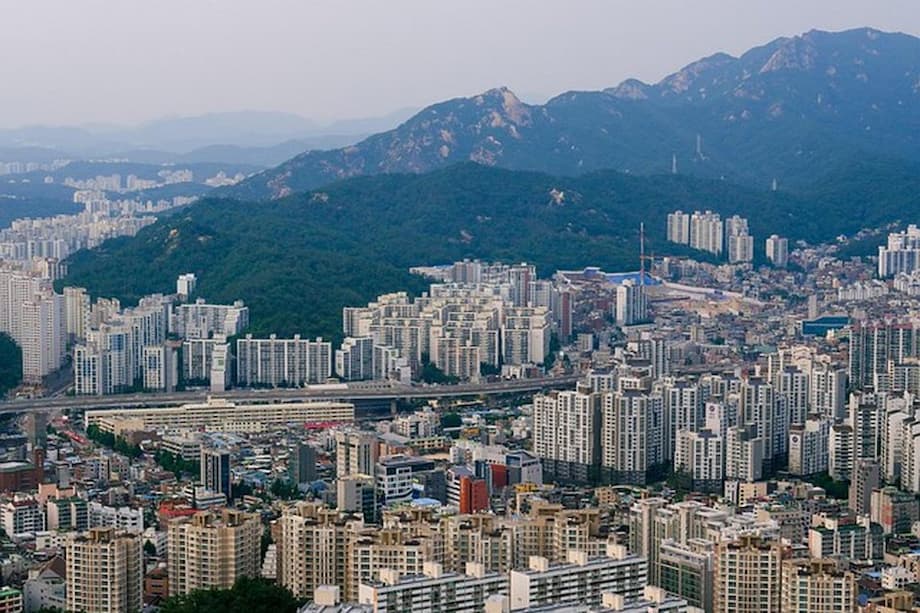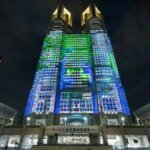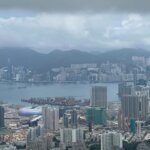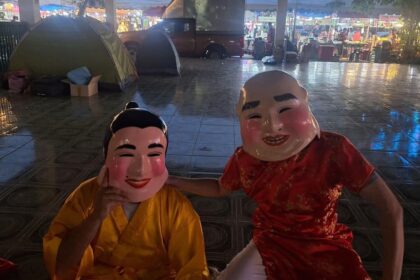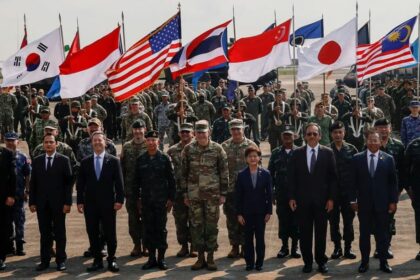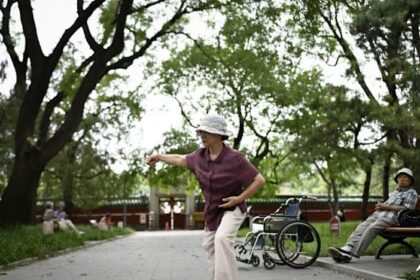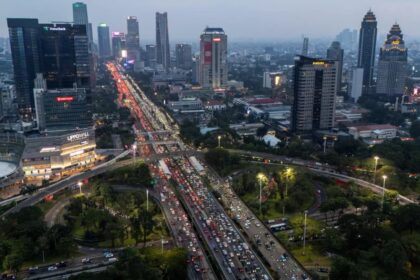South Korea’s Sweeping Restrictions on Foreign Home Purchases: What Has Changed?
South Korea has taken a dramatic step to rein in its surging housing market by imposing strict new restrictions on foreign property purchases in the greater Seoul area. Effective August 26, 2025, foreigners seeking to buy homes in Seoul, Gyeonggi Province, and parts of Incheon must obtain prior government approval, move into the property within four months, and reside there for at least two years. The policy, initially set for one year, is the most comprehensive effort yet by the Korean government to curb speculative buying and stabilize housing prices in the capital region.
These measures come amid mounting public frustration over soaring home prices, which have become a political flashpoint and a source of economic anxiety for many South Koreans. The government’s move reflects both domestic pressures and a broader global trend of countries tightening rules on foreign real estate investment.
Why Did South Korea Act Now?
Over the past three years, foreign housing transactions in the Seoul metropolitan area have surged by an average of 26 percent annually, rising from 4,568 in 2022 to 7,296 in 2024. Chinese nationals accounted for a striking 73 percent of these purchases, followed by U.S. citizens at 14 percent. Most of these transactions were concentrated in Gyeonggi Province (62 percent) and Incheon (20 percent), with luxury homes in Seoul’s most desirable districts setting record prices.
The government’s concern is not just the volume of foreign buying, but the perception that overseas investors have been able to sidestep Korea’s strict mortgage regulations by securing financing from their home countries. This has led to accusations of “reverse discrimination” against local buyers, who face tighter lending limits and higher taxes on multiple properties.
First Vice Land Minister Lee Sang-kyeong explained the rationale: “We will block foreign activities that distort the housing market from the outset and work to stabilize prices, thereby contributing to the housing welfare of Korean citizens.”
Officials also cited evidence of speculative activity, including cases of foreigners purchasing high-end apartments in cash or under the names of minors. The government’s new rules are designed to close loopholes and ensure that foreign buyers are acquiring homes for genuine residential use, not investment or speculation.
How the New Restrictions Work
Under the new policy, any foreign individual, corporation, or government wishing to buy residential property in the designated zones must:
- Obtain prior approval from local authorities before purchase
- Move into the property within four months of approval
- Reside in the property for at least two years after purchase
The rules apply to all types of residential housing—apartments, single-family homes, and multi-unit dwellings larger than six square meters. Commercial properties such as officetels (studio-style buildings often used for both residential and business purposes) are exempt. Gifts, inheritance, and court auctions are also excluded from the new restrictions.
Foreign buyers must submit a detailed financing plan within 30 days of purchase, including the source of funds, the name of any overseas financial institution involved, and the type of visa held in Korea. Authorities will scrutinize these documents to prevent the use of overseas credit for speculative purchases. Suspicious cases may be reported to the Korea Financial Intelligence Unit, which can share information with foreign tax authorities.
Violators face repeated fines of up to 10 percent of the property’s value and, in some cases, cancellation of the purchase contract. The government has pledged strict enforcement, with local authorities required to take legal action within three months of any violation.
Targeted Areas and Exemptions
The permit zones cover all of Seoul, 23 cities and counties in Gyeonggi Province (excluding areas with minimal foreign buying), and seven districts in Incheon. Some municipalities—such as Yangju, Icheon, Yeoncheon, and certain districts in Incheon—are excluded due to low levels of foreign transactions.
While the policy is initially set for one year, officials have indicated that it may be extended depending on market conditions. The government has also left open the possibility of expanding or modifying the restrictions as needed.
Market Impact: Speculation, Prices, and Political Fallout
South Korea’s housing market has been on a tear, with apartment prices rising for 29 consecutive weeks and overall home values in Seoul up more than 80 percent over the past five years. The property boom has been fueled by low interest rates, easy access to mortgages, and a surge in speculative investment—both domestic and foreign.
President Lee Jae-myung, who took office in June 2025, made easing living costs a central campaign promise. However, the relentless rise in home prices has become a political liability, especially as household debt soared by 24.6 trillion won ($22.7 billion) in the second quarter of 2025—the biggest quarterly gain since 2021. The Bank of Korea’s reluctance to cut interest rates further, despite economic headwinds, reflects concerns about fueling even more housing demand.
For many Koreans, the perception that foreign buyers are driving up prices has added to the sense of unfairness. Editorials and policy debates have focused on the need to “level the playing field” between local and foreign buyers, with some lawmakers calling for even stricter measures or higher taxes on non-resident purchasers.
Lee Eun-hyung, a researcher at the Korea Research Institute for Construction Policy, commented: “The new rule focuses only on filtering out speculative demand through proof of residency, but it falls short of leveling the playing field with Koreans when it comes to access to loans.”
While foreign ownership still accounts for only about 0.5 percent of Korea’s 20 million housing units, the concentration of purchases in high-demand areas and the high-profile nature of some transactions have amplified public concern.
Who Are the Foreign Buyers?
Government data shows that as of late 2024, Chinese nationals owned 56,301 property units in Korea—more than any other nationality—followed by Americans (22,031), Canadians (6,315), and Taiwanese (3,360). Most foreign homeowners (about 93 percent) own just one property, but a small number hold multiple units, which some see as a sign of investment activity.
Many foreign buyers are long-term residents or expatriates working in Korea’s major industries. However, the government is particularly concerned about non-resident investors who purchase homes for rental income or capital gains, often using overseas financing to bypass local lending restrictions.
Comparing South Korea’s Policy to Global Trends
South Korea is not alone in tightening rules on foreign property ownership. In recent years, countries such as Australia, Canada, and New Zealand have introduced or extended bans on foreign purchases of residential property, citing similar concerns about affordability and market stability.
- Australia: Banned foreigners from buying existing homes for two years starting in April 2025.
- Canada: Introduced a two-year ban on foreign purchases of residential property in January 2023, later extended.
- China: Allows foreigners only land-use rights (not full ownership) and requires at least one year of residency before purchase.
In the United States, the issue has become a hot topic at both the federal and state levels. At least 22 states have enacted laws restricting foreign ownership of agricultural or sensitive land, with some measures specifically targeting buyers from China, Russia, Iran, and North Korea. Florida’s 2023 law, which prohibits non-permanent resident Chinese citizens from owning property, has sparked legal challenges and national debate.
Advocacy groups such as the Committee of 100 have raised concerns that such laws can legitimize xenophobic claims and disproportionately affect people of color, as most targeted countries are majority non-white. However, supporters argue that these measures are necessary to protect national security and ensure fair access to housing for local residents.
How Do the New Rules Affect Foreign Residents and Expats?
For Americans and other foreigners living and working in South Korea, the new rules add a layer of complexity to an already challenging real estate market. Long-term residents with the appropriate visas—such as the F-5-1 General Permanent Resident Visa or the F-5-2 Spousal Permanent Resident Visa—can still buy property, provided they meet the residency requirements. However, non-resident investors and those seeking to purchase homes for rental income or speculation will find it much harder to enter the market.
Foreign buyers must also navigate Korea’s tax system, which includes progressive income taxes, mandatory health insurance contributions, and reporting requirements for overseas assets. U.S. citizens, for example, must file annual tax returns with the IRS and may be eligible for the Foreign Earned Income Exclusion or Foreign Tax Credit to avoid double taxation.
For many expats, the cost of living in Seoul remains high, with rents for a one-bedroom apartment in the city center ranging from $800 to $1,200 per month. Large housing deposits (jeonse) are common, and imported goods can be expensive. However, Korea’s public transport system is efficient, and healthcare is modern and accessible.
Debate and Criticism: Fairness, Effectiveness, and Unintended Consequences
The new restrictions have sparked debate among policymakers, economists, and the public. Supporters argue that the measures are necessary to curb speculation, stabilize prices, and address fairness concerns. Critics, however, question whether the rules will have a meaningful impact on overall housing affordability or simply shift speculative activity to other segments of the market.
Kwon Dae-jung, a professor of real estate at Sogang University, noted: “Foreigners take out loans from overseas banks to purchase housing here, distorting the local real estate market.”
Others point out that the vast majority of foreign buyers are long-term residents or expatriates, not speculators. They argue that the focus on foreign ownership may distract from deeper structural issues in Korea’s housing market, such as limited supply, zoning restrictions, and the concentration of economic activity in Seoul.
Legal experts have also raised concerns about the constitutionality of targeting buyers by nationality, citing the principle of reciprocity and the risk of violating international agreements. So far, most of Korea’s measures have focused on residency and use requirements rather than outright bans based on citizenship.
There is also the question of enforcement. While the government has pledged strict monitoring and penalties for violators, tracking compliance—especially among non-resident owners—may prove challenging. Some analysts warn that overly restrictive policies could deter foreign investment or create unintended loopholes.
What Happens Next?
The government has signaled that it will closely monitor the impact of the new rules and adjust them as needed. If the measures succeed in cooling the housing market and reducing speculative activity, they may be extended or expanded. If not, policymakers could consider additional steps, such as higher taxes on non-resident owners or further restrictions on overseas financing.
Meanwhile, the debate over foreign ownership is likely to continue, both in Korea and around the world. As housing affordability remains a pressing issue in many countries, governments will face tough choices about how to balance openness to foreign investment with the need to protect local residents and ensure market stability.
In Summary
- South Korea has imposed strict new restrictions on foreign home purchases in Seoul, Gyeonggi Province, and Incheon, effective August 26, 2025.
- Foreign buyers must obtain prior approval, move in within four months, and reside in the property for at least two years.
- The policy aims to curb speculation, stabilize prices, and address fairness concerns amid a surge in foreign transactions—especially by Chinese and U.S. nationals.
- Similar restrictions are being adopted in other countries, reflecting a global trend toward tighter controls on foreign real estate investment.
- The new rules have sparked debate over their effectiveness, fairness, and potential unintended consequences, with ongoing monitoring and possible future adjustments.


